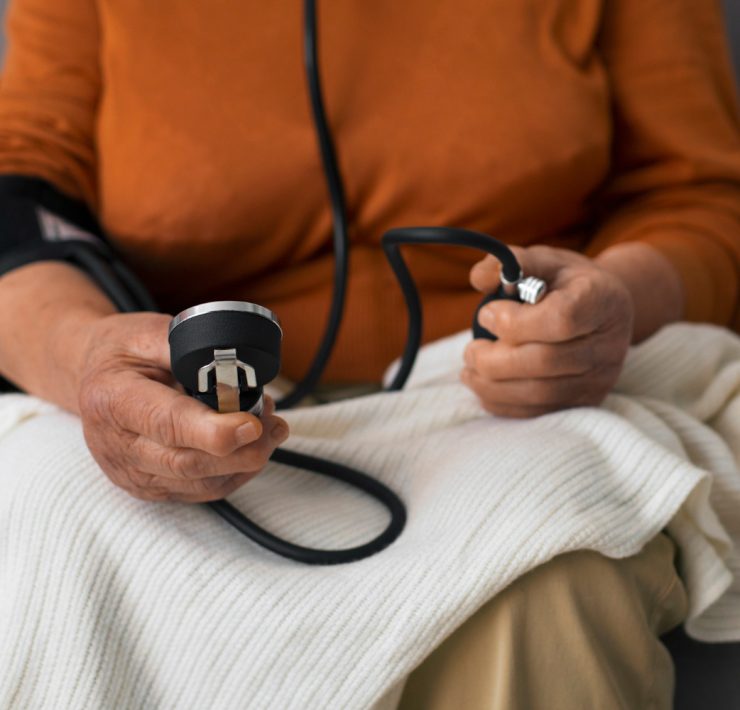A Comprehensive Guide to Attaining and Sustaining a Healthy Body Fat Percentage for Men and Women
- While the definition of "healthy" may vary depending on individual factors, understanding general guidelines and implementing practical strategies can help you reach a desirable body fat percentage.

Attaining and maintaining a healthy body fat composition is a common goal for many individuals. While the definition of “healthy” may vary depending on individual factors, understanding general guidelines and implementing practical strategies can help you reach a desirable body fat percentage. In this article, we will explore recommended body fat compositions for men and women, along with actionable steps to achieve them.
Table of Contents
Ideal Body Fat Composition for Men
For men, the ideal body fat composition depends on various factors, including age, genetics, and personal goals. Here are some general guidelines:
- Essential body fat: Men require a certain percentage of essential body fat, typically ranging from 2-5%. This fat is necessary for normal physiological functions.
- Athletes: Male athletes often aim for a lower body fat percentage, typically between 6-13%, to optimize performance in sports or athletic activities.
- Fitness and health: A body fat percentage of 14-17% is generally considered healthy for men who are not involved in competitive sports. This range balances aesthetics with overall well-being.
- Average range: The average body fat percentage for men typically falls between 18-24%. This range is considered acceptable for most individuals.
- Overweight range: A body fat percentage above 25% is often classified as overweight. Reducing body fat to a healthier range can lead to numerous health benefits.
Practical Steps for Men
To achieve and maintain a healthy body fat composition, men can follow these practical steps:
- Calorie control: Create a calorie deficit by consuming slightly fewer calories than your body requires. Aim for a gradual and sustainable weight loss of 0.5-1 pound per week.
- Balanced diet: Focus on a balanced diet that includes lean protein, whole grains, fruits, vegetables, and healthy fats. Limit processed foods, sugary beverages, and excessive alcohol consumption.
- Strength training: Incorporate resistance exercises into your fitness routine. Building muscle can increase your metabolism and help reduce body fat.
- Cardiovascular exercise: Engage in regular aerobic activities such as running, swimming, or cycling. Aim for at least 150 minutes of moderate-intensity cardio per week.
- High-intensity interval training (HIIT): Incorporate HIIT workouts to maximize fat burning. Alternate between intense bursts of exercise and short recovery periods.
Ideal Body Fat Composition for Women
For women, the ideal body fat composition also depends on various factors, including age, genetics, and individual goals. Here are some general guidelines:
- Essential body fat: Women require a higher percentage of essential body fat, typically ranging from 10-13%. This fat is crucial for reproductive and hormonal functions.
- Athletes: Female athletes often aim for a body fat percentage between 14-20% to optimize performance without compromising overall health.
- Fitness and health: A body fat percentage of 21-24% is generally considered healthy for women who are not involved in competitive sports. This range promotes overall well-being and aesthetics.
- Average range: The average body fat percentage for women typically falls between 25-31%. This range is considered acceptable for most individuals.
- Overweight range: A body fat percentage above 32% is often classified as overweight. Reducing body fat can help improve health markers and overall quality of life.
Practical Steps for Women
To achieve and maintain a healthy body fat composition, women can follow these practical steps:
- Calorie control: Create a slight calorie deficit by consuming slightly fewer calories than your body requires. Aim for a gradual and sustainable weight loss of 0.5-1 pound per week.
- Balanced diet: Emphasize a balanced diet consisting of lean protein, whole grains, fruits, vegetables, and healthy fats. Minimize processed foods, sugary beverages, and excessive alcohol intake.
- Strength training: Incorporate strength training exercises to build lean muscle mass. This can enhance metabolism and aid in fat loss.
- Cardiovascular exercise: Engage in regular aerobic activities like jogging, dancing, or cycling. Strive for at least 150 minutes of moderate-intensity cardio per week.
- HIIT workouts: Integrate high-intensity interval training into your routine to maximize calorie burn and boost fat loss. Alternate between intense intervals and short recovery periods.
Conclusion
While the ideal body fat composition varies among individuals, understanding the general guidelines and implementing practical strategies can help you achieve and maintain a healthy range. Remember, consult with a healthcare professional or a certified fitness expert to tailor these recommendations to your specific needs and goals. With patience, consistency, and a balanced approach, you can work towards achieving an optimal body fat composition for a healthier and more fulfilling life.
Thanks for reading! We hope this helps you on your journey to becoming a fitter and healthier version of yourself. Don’t forget to follow @naijafitfam on Instagram for more helpful content.




















